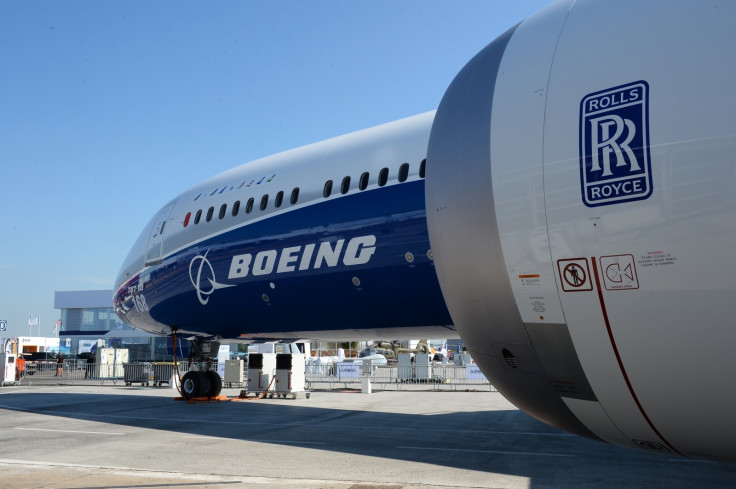Would you fly in a self-driving plane? Boeing digs deep on autonomous investments
Boeing's venture arm has made an investment in Near Earth Autonomy.

It may have seemed like an alien concept a decade ago, but self-driving cars are quickly becoming the norm. What's next, autonomous flight? Boeing sure hopes so.
Announced this week (19 October), Boeing's venture arm, HorizonX, announced that it had made an undisclosed investment in Near Earth Autonomy, a Pittsburgh-based firm spun off from Carnegie Mellon University's Robotics Institute that develops self-driving tech.
The team-up will draw on multiple investments of late to design and develop self-driving planes that can take off, navigate and land without the need for a pilot.
"This partnership will accelerate technology solutions that we feel will be key to unlocking emerging markets of autonomous flight," said Steve Nordlund, HorizonX vice president.
In addition to the HorizonX investment, which is the first in autonomous tech since it was established in April this year, Near Earth Autonomy also announced that the partnership will explore "products and applications for emerging markets such as urban mobility."
Urban mobility refers to issues in large cities such as congestion, pollution and transportation and how technological advancements can improve problem areas.
Near Earth Autonomy specialises in software and sensor technology used to map terrain, survey landscapes and transport cargo autonomously.
Two of its developments to date include the world's first autonomous helicopter flights in partnership with the US Army in 2010 and work with the Office of Naval Research developing an autonomous aerial cargo delivery platform for the US Marines.
"This is an exciting opportunity for Near Earth," said Sanjiv Singh, the firm's chief executive officer (CEO). "The HorizonX investment will accelerate the development of robust products and enable access to a broader portfolio of applications for aerial autonomy."
Financial terms of the deal were not disclosed. According to The Washington Post newspaper, Boeing's investments typically are made in "$10 million to $20 million chunks."
The newly-formed venture wing appears to have deep pockets.
On 5 October, it announced an acquisition of Aurora Flight Sciences Corporation, a company which specialises in futuristic autonomous systems and robotic aircraft.
"The combined strength and innovation of our teams will advance the development of autonomy for our commercial and military systems," said Greg Hyslop, chief technology officer (CTO) and senior vice president of Boeing Engineering, Test & Technology, at the time.
Aurora said that it had "designed, produced and flown more than 30 unmanned air vehicles since the company was founded in 1989."
It remains to be seen what exactly the partnership will produce and how long it will take before any self-driving projects come to fruition.
"We are at the nascent end of aviation becoming democratised," Singh told The Washington Post after the Near Earth Autonomy investment. "Maybe it's not the case that we're at the Jetsons era, but we could see kind of a transition to that in the near future."






















